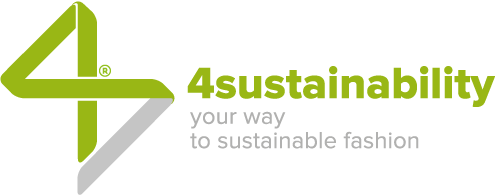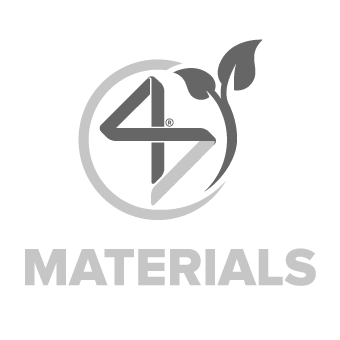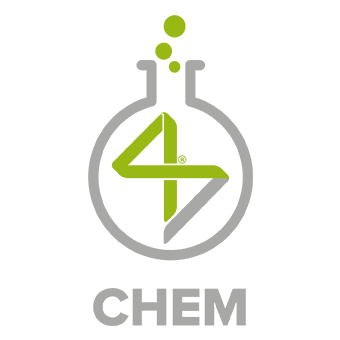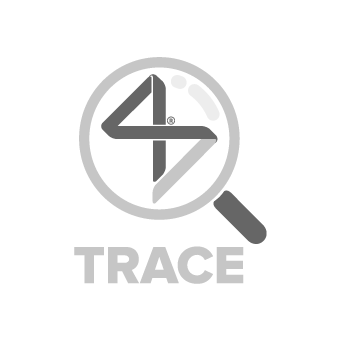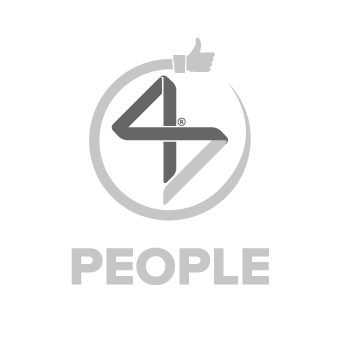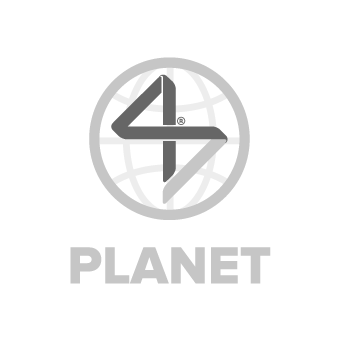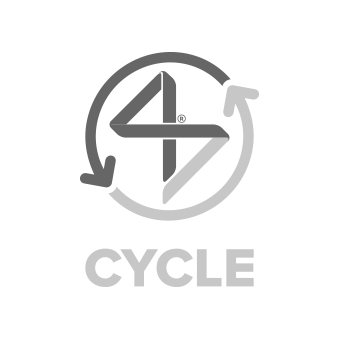
Jersey Mode SpaID Nr. 4S-100199e-report version 3.0
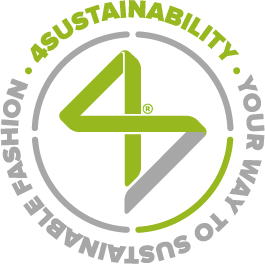
Jersey Mode S.p.A. is one of Italy’s leading companies in the dyeing and finishing of knitted fabrics and has been operating in this sector since the early 1970s. The company has a vast and constantly updated fleet of machinery and specialises in high quality processing of all types of material. The company operates from a single production site covering 13,000 square metres and processes almost 7 million metres of knitted fabric each year. The flexibility of its production allows it to process large and small batches of fabric, offering customers the quality of craftsmanship with the advantages of an industrial system. Jersey Mode spa recognises the importance of eliminating hazardous substances from its production cycle, which is why, since 2018, it has adhered to the ZDHC protocol, thus beginning another important path of improvement.
www.jerseymode.it
4SUSTAINABILITY® COMMITMENT
Growth and sustainability are the factors for which we want to stand out, founding our strategy on the belief that ethical approach should characterize our business model. We firmly believe there cannot be a long-term economic development without a social and environmental development.
Inspired to and aligned with the Sustainable Development Goals set by the United Nations in the 2030 Agenda (SDGs), we’re committed to contributing to the generation of global positive change, assuming a clear environmental and social responsibility.
We do it concretely by joining the 4sustainability® roadmap, making the values and action programs it embodies our own, committing ourselves to starting a virtuous change journey in our business model, through one or more initiatives that we tell in this e-report.
elimination of toxic and harmful chemicals from production cycles in line with the ZDHC Roadmap to Zero Programme
this initiative contributes to the following main UN Sustainable Development Goals

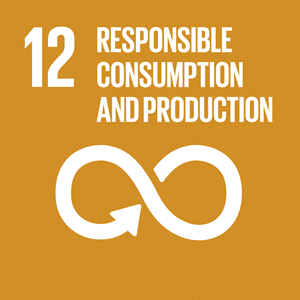
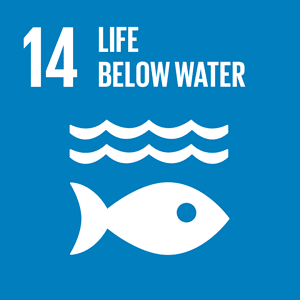
LAST REPORT ABSTRACT
download the report abstract with the main KPIs collected during the last on site assurance performed; if present, the abstract also includes the ZDHC Foundational or Progressive Level Certificate
IMPLEMENTATION LEVEL
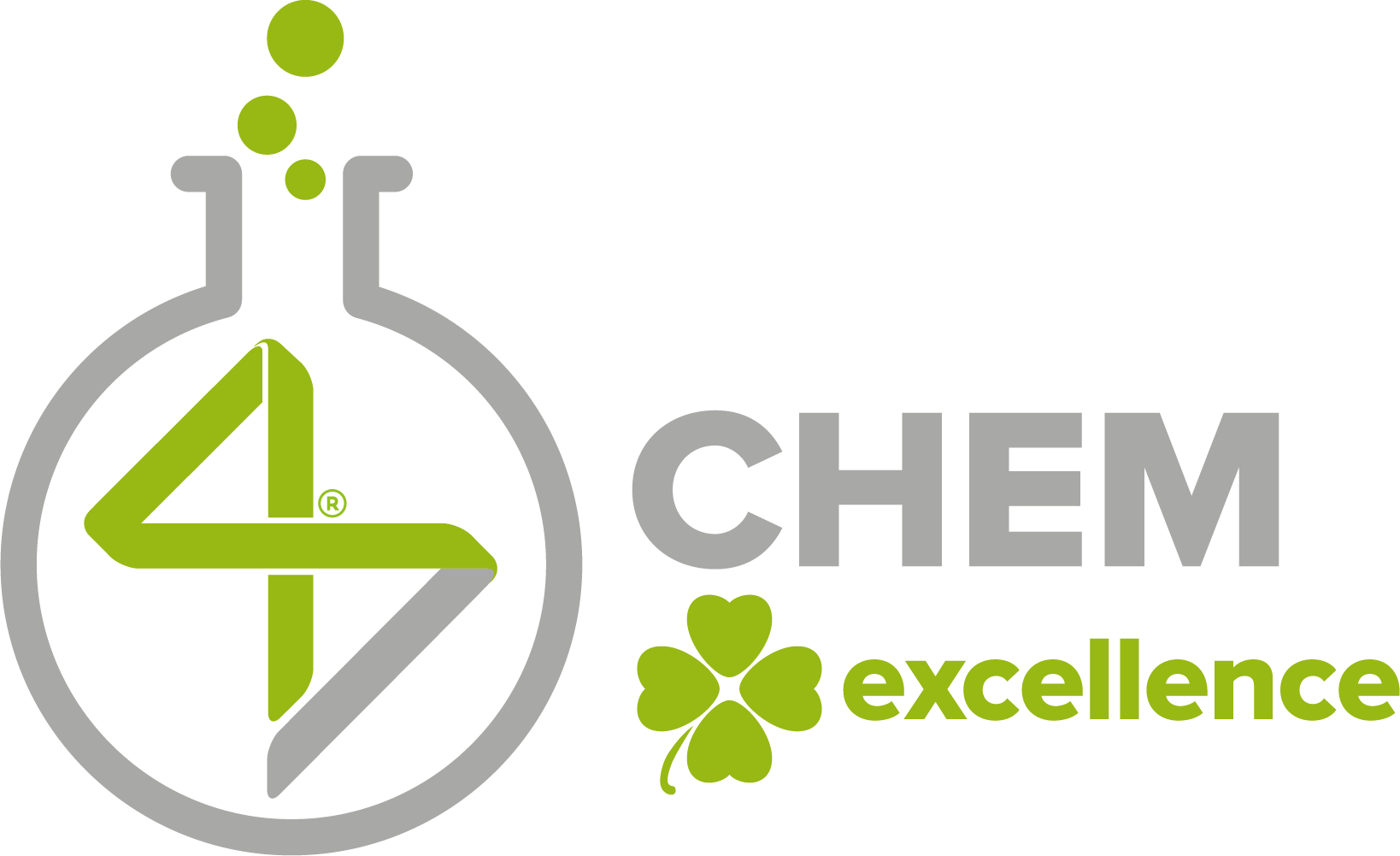
the implementation level is defined after the assurance process following the achievement of the protocol’s minimum requirements and is reviewed annually
The company has adopted the ZDHC MRSL for eliminating toxic and harmful chemicals from its processes and the 4S PRSL for raw material control. It has also implemented all the ZDHC CMS TIG requirements on internal and external processes.
90%
the percentage indicates the overall level reached through the implementation of 4s CHEM protocol requirements
ASSURANCE PROTOCOL
PRODUCTION VOLUMECOVERED BY MONITORED CHEMICALINVENTORIES
100%
percentage of internal and external production volumes monitored through chemical inventory assessments
INTERNAL CHEMICAL INVENTORY EVALUATION
chemical inventory compliance percentages by self-declarations and by escalating ZDHC levels
WASTEWATER TESTING
ZDHC MRSL parameters following ZDHC Waste Waters Guidelines
wastewater compliance percentage; when in presence of “doesn’t meet requirements” slice, a Root Cause Analysis (RCA) has been performed and uploaded in ZDHC Gateway Waste Waters Module
PRODUCTION VOLUMECOVERED BY WASTEWATER TESTING
100%
percentage of internal and external production volumes whose wastewater has been tested following ZDHC Waste Waters Guidelines
this initiative contributes to the following main UN Sustainable Development Goals


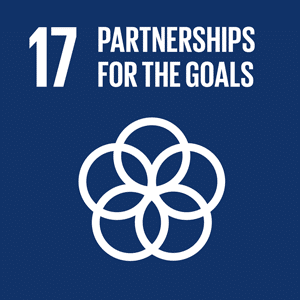
DATA REFERENCE PERIOD
from 01/07/2021 to 30/06/2022
LAST ISSUE DATE
13/07/2022
IMPLEMENTATION LEVEL
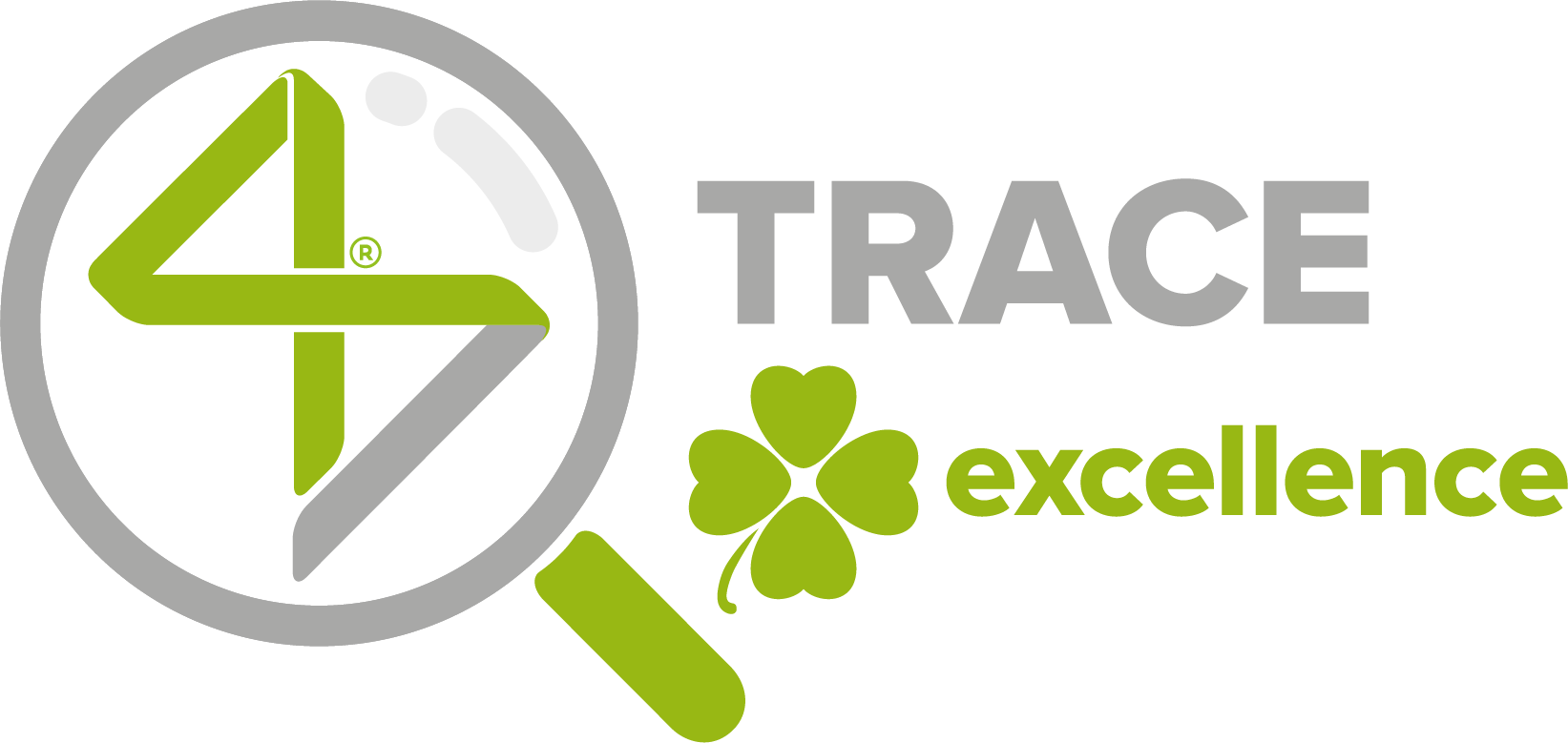
the implementation level is defined after the assurance process following the achievement of the protocol’s minimum requirements and is reviewed annually
The company has implemented a track & trace management system. If there are outsourced processes and raw materials purchases, the company has also involved its suppliers on sustainability performances data collection, implementing a rating system to push them towards continuous improvement.
